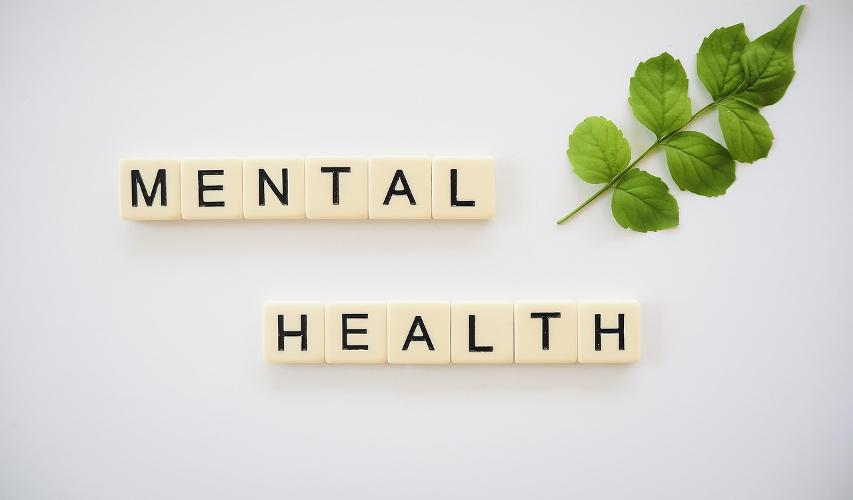Last month I went to my first ever magic convention in Blackpool! The Blackpool Magic Convention is the largest magic convention in the world, with about 4500 magicians attending, a host of lectures, workshops, nightly gala shows, a 13 hour auction and a huge Dealers Hall, it is a unique experience. Not forgetting the enormous amount of magicians sharing techniques, discussing ideas and talking magic. It's really hard to imagine the magnitude of it all, being my first time it was overwhelming – but I loved it!
As I began to drive home, at the end of the convention, I reflected on the last 4 days. I felt excited about future possibilities and valued all the connections I had made. There was so much to take in and I felt I was in a bit of a haze. But in that haze, some clarity began to emerge, I made the decision that I wanted to link my work as a magician to my previous work and experiences in mental health. I wasn't quite sure how I was going to do that - I had developed a show in 2018 looking at magic and mental health, but felt there was much more I could do. I trusted that things would develop, if I put my intentions in that direction. As I got lost in my thoughts, I began to wonder why mental health is not spoken amongst magicians.
With the statistic of 1 in 4 people at any point experiencing mental health issues and 4500 magicians in Blackpool, the statistic would be 1,125 magicians attending had mental health issues - that is huge! But there was no mention about mental health at all – no lectures, no workshop, no stands in the trade show, nothing. In fact, there was nothing even looking at the enormous amount of stress and anxiety of performing, which I am sure many magicians experience. Not to mention the often lonely and isolating experiences, which many magicians, including myself, experience working full-time. This whole area of being a magician was not covered at all!
My thoughts continued down the rabbit hole of wondering “Why is that?”. Why is it that the vulnerable side of being a magician is not even recognised? Is it because magicians feel they have to appear to the audience as confident, important people with no anxiety and worries, even though they may be really anxious inside? Or is it because magicians are masters of deception they deceive/deny themselves? Or is it that when magicians get up and perform their low self-esteem, low self-worth and anxieties just disappear? I think it is probably all of this and more. What was very apparent at Blackpool was that most magicians are men.
Before becoming a full-time magician, I worked in the mental health field, doing service development work, training, research, writing and practice. I often used my own mental health experiences in my work and coupled that with my maleness and being a man. I was really interested in what it is to be a man living in this twenty-first century western world and how this impacts on our mental health. With this in mind, I feel I may have something to share about magicians and mental health.
Men are notoriously known for not talking about their feelings. If a man is struggling with their life, if its low mood/energy, unable to get out of bed or being really angry, their fellow male friends are more likely to suggest they all head down to the pub for numerous pints of beers and forget about it all, than to talk about their feelings. In many male western cultures it is seen as a weakness to not be able to cope, not be able to stand up for ourselves or to show emotion. I realise, this is a bit of a stereotype, but it feels like many men do not have the connections or supports in life. Instead, they go to the pub.
The world of magicians seems no different. These dominant male cultures are what I have mainly experienced in groups of magicians. I wonder whether this is why magicians do not talk about mental health and those with mental health problems find it hard to talk up?
Less than a month after returning from Blackpool, I got a Facebook Message from Dean Williamson, he had found me online – we were both magicians and had an interest in mental health. It was synchronistic! It was fantastic to chat to him and connect and find someone with similar thoughts and frustrations around mental health and magicians. I think a trip to Manchester sometime soon, is called for, so that we can meet up in person! It has definitely made me feel a little less alone in this world of magic.
This leaves me wondering, if there are other magicians out there who have or have had mental health problems and would like to connect with other magicians to share and support each other? With the statistic of 1,125 magicians at Blackpool – I am sure there are! Let's hope that in the future, the connections between mental health and magicians increase and maybe one day it is even talked about openly at Blackpool Magic Convention!

